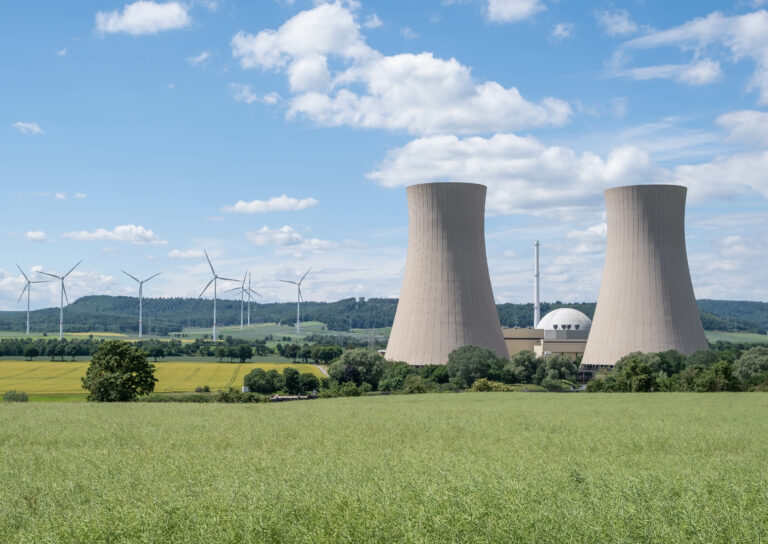According to the Copernicus Climate Change Service (C3S), last year was the warmest since global temperature records began in the mid-1800s.
In 2024, the average global temperature surpassed the critical 1.5°C above pre-industrial levels for the first time, reaching 1.60°C above the 1850-1900 baseline, marking a significant milestone in climate change.
Why is 1.5°C important?
The 1.5°C threshold is a key climate target set by the Paris Agreement to limit global warming and prevent catastrophic climate impacts. Scientists warn that exceeding this level increases the risk of extreme weather events, ecosystem loss and irreversible damage to the planet.
The 1.5°C target is based on findings from the Intergovernmental Panel on Climate Change (IPCC), which states that every fraction of a degree of warming matters. Staying below this threshold could significantly reduce climate-related risks for people, economies and ecosystems.
The difference between 1.5°C and 2°C warming:
Extremer weather:
2°C leads to more intense heatwaves, storms and flooding.
Sea level rise:
2°C results in 10 cm higher sea levels, putting millions more at risk.
Ecosystems:
At 2°C, nearly all coral reefs could die, accelerating biodiversity loss.
Human impact:
2°C exposes hundreds of millions more to food, water and heat stress
The role of science-based targets in climate action
To limit your contribution to the climate crisis, immediate action to accelerate your decarbonisation efforts is critical. By setting science-based targets (SBTs), you’ll ensure that your emissions reductions align with the latest climate science, contributing to the global goal of limiting warming to 1.5°C.At Zenergi, we recommend a three-stage approach to sustainability – Measure, Prepare and Deliver:
Measure
- Understand your energy consumption
- Gather accurate data, ideally collected at half-hourly intervals
- Establish a baseline to track progress
Prepare
- Commission a condition survey to identify areas and equipment needing repair or improvement
- Commission an energy audit to identify, understand, quantify and prioritise the energy saving opportunities across your site
- Commission a Heat Decarbonisation Plan to understand the steps to transition to low-carbon heating systems
- Evaluate the sustainability of your supply chain
- Develop a strategic roadmap, including setting science-based targets aligned with the 1.5°C
Deliver
- Reduce your carbon footprint by investing in renewable energy and energy efficiency
- Transition to low-carbon operations and circular economy models
- Integrate climate risk into your business strategy
- Stay ahead of current and emerging climate regulations, such as carbon taxes and emissions reporting
- Engage your employees in sustainability and energy saving with behavioural awareness training
- Conduct a regular energy walkaround to monitor progress and identify areas for improvement
The time to act is now
Surpassing the 1.5°C threshold in 2024 is more than a scientific statistic, it is a wake-up call for organisations across the globe. Organisations that delay climate action risk falling behind in an economy that increasingly values sustainability.
Those that lead in setting and achieving science-based targets will be better positioned for long-term resilience, financial stability, and stakeholder trust.
Not sure where to start or lack in-house resources? Gregory Distribution was in the same position, and now they have a clear, science-backed roadmap to cut emissions. Read their story now.














